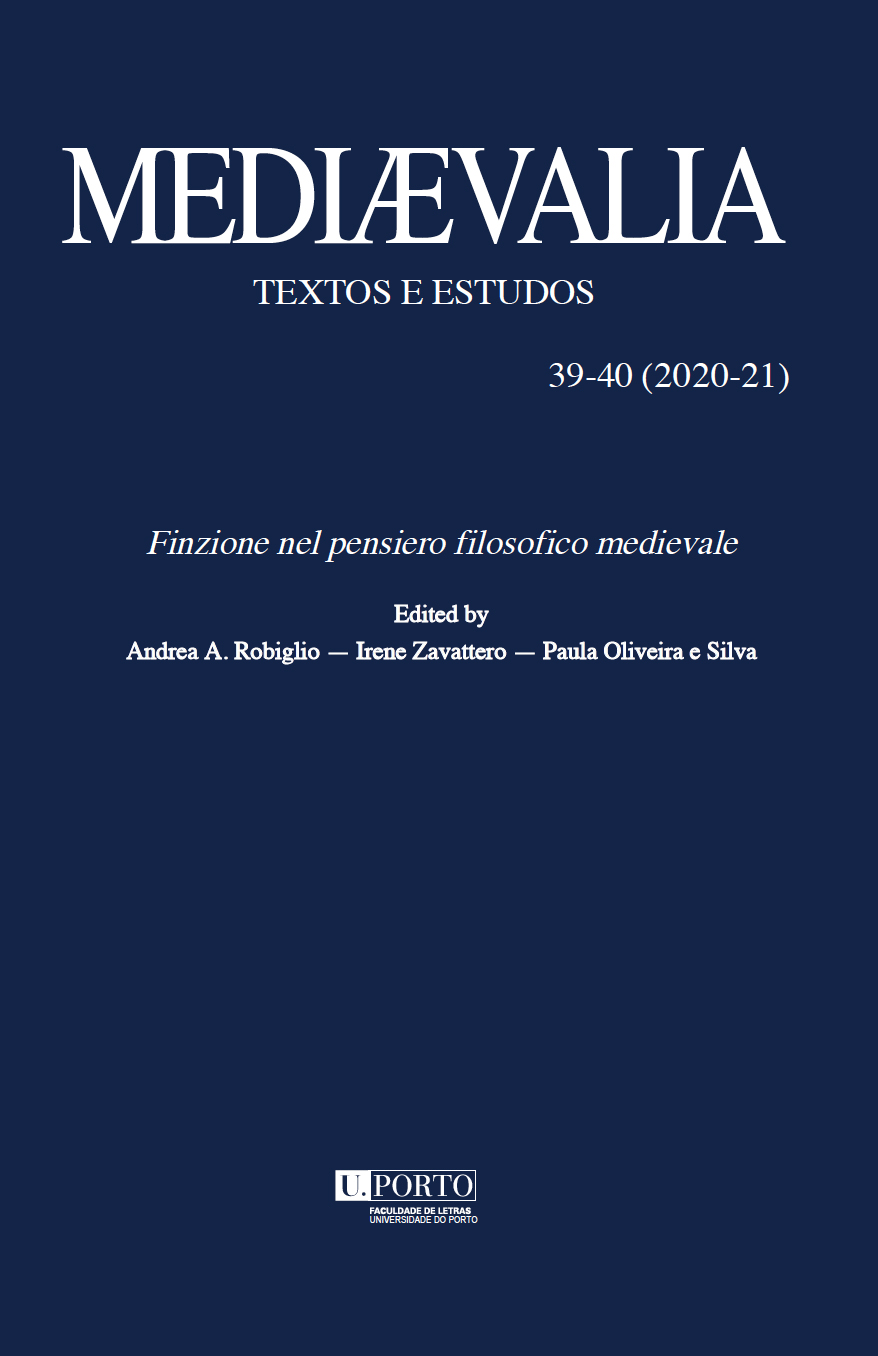A fruitful fiction for the philosophy of nature: Francisco Suarez and the ‘annihilatio mundi’
Abstract
This contribution focus on the fiction of the suppression of bodies by God (annihilatio mundi) and
its implications for the philosophy of nature, namely within the development of the concepts of place
and space. Recalling how some medieval thinkers formulate such an hypothesis, this study proposes
a first analysis of its treatment by Francisco Suarez (in particular in the treatise De angelis). Indeed, in
the wake of scholastic reflexions arisen in the XIIIth and XIVth centuries, Francisco Suarez made an
abundant use of the fiction of the annihilatio mundi to support his thesis of the independence of spatial
relationships with regard to the presence or absence of bodies, thus making the idea of emptiness
(vacuum) philosophically plausible. This hypothetical treatment of the annihilatio mundi ultimately
leads to a significant theoretical move beyond the Aristotelian conception of place.
Keywords: Place, Space, annihilatio mundi, medieval philosophy of nature, metaphysics.
Ancient and medieval authors: Aristotle, Peter John Olivi, Henry of Ghent, John Duns Scotus,
William Ockham, Francis Suarez.
Downloads
Published
Issue
Section
License
Copyright (c) 2023 Tiziana Suarez-Nani

This work is licensed under a Creative Commons Attribution-NonCommercial-NoDerivatives 4.0 International License.







